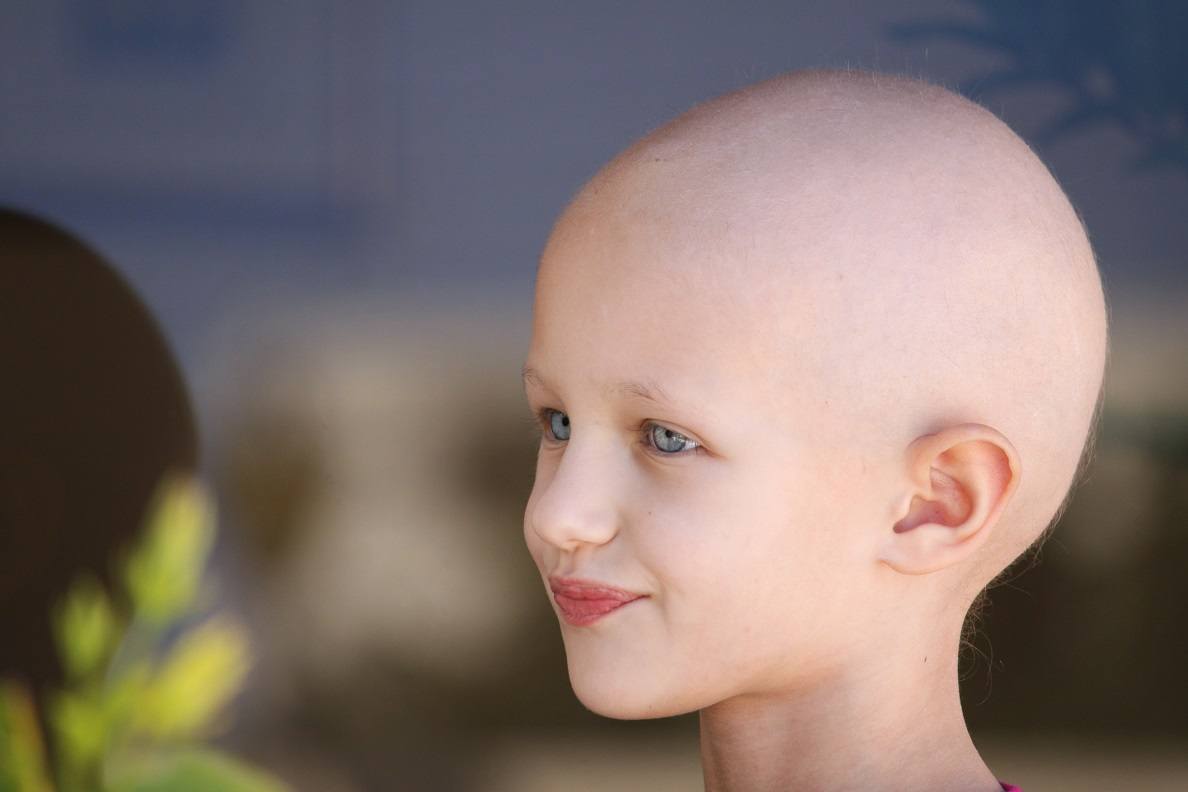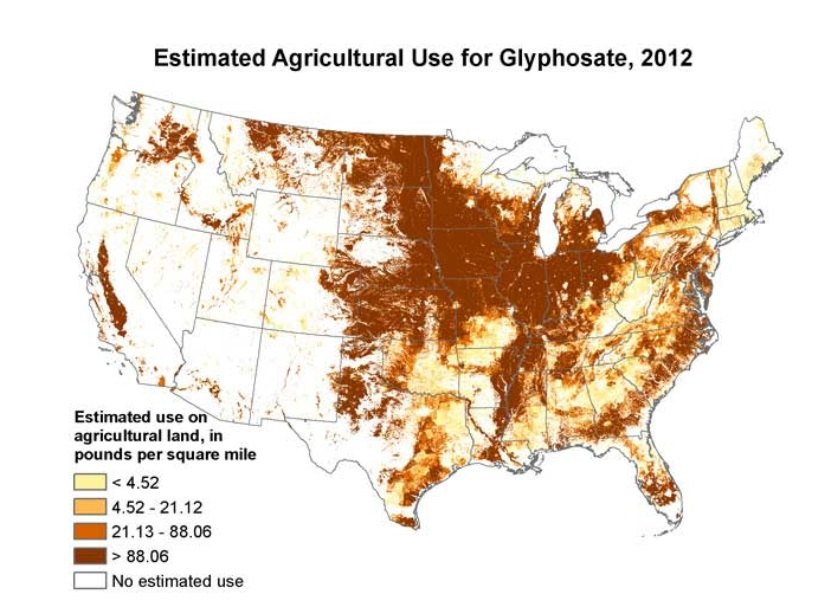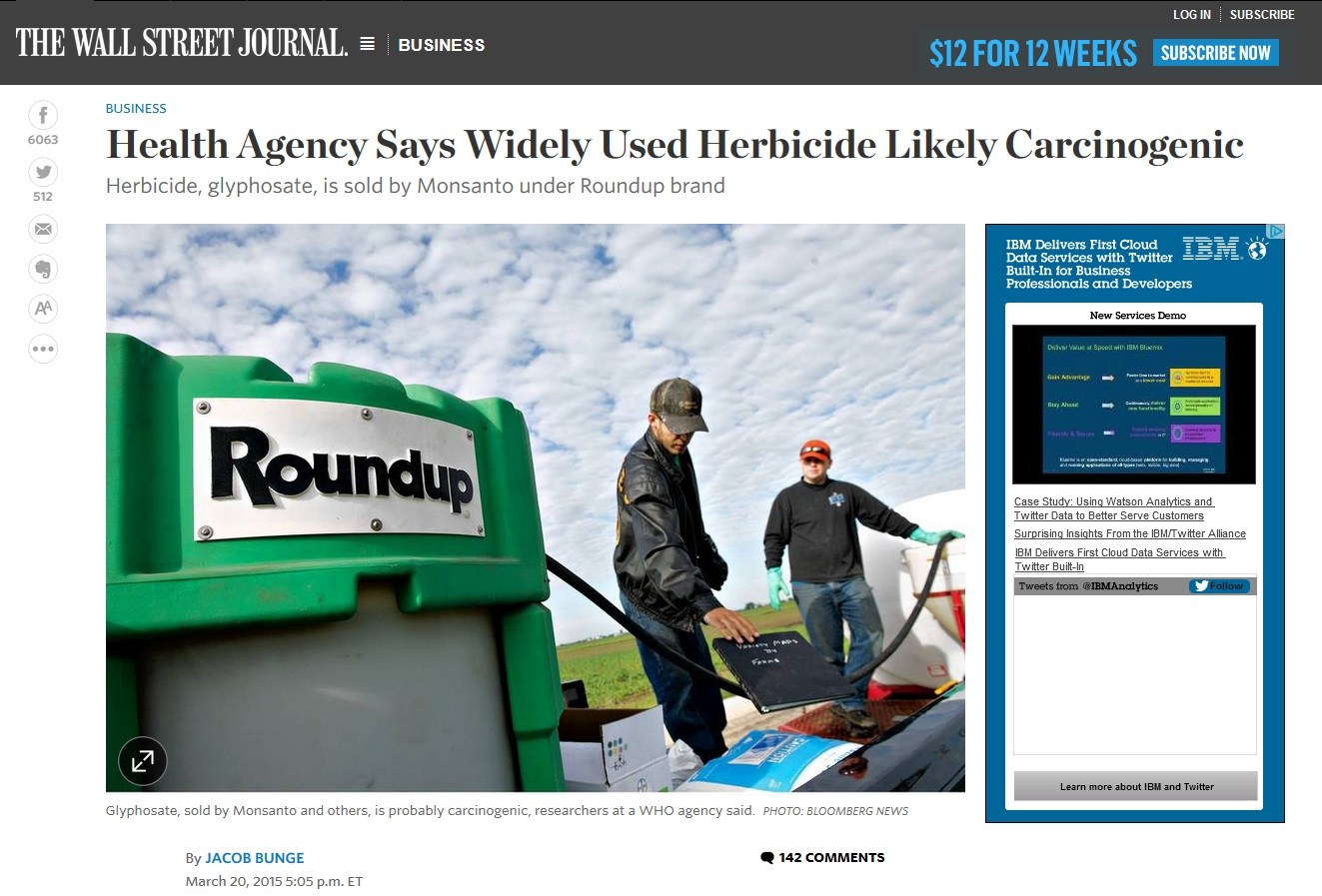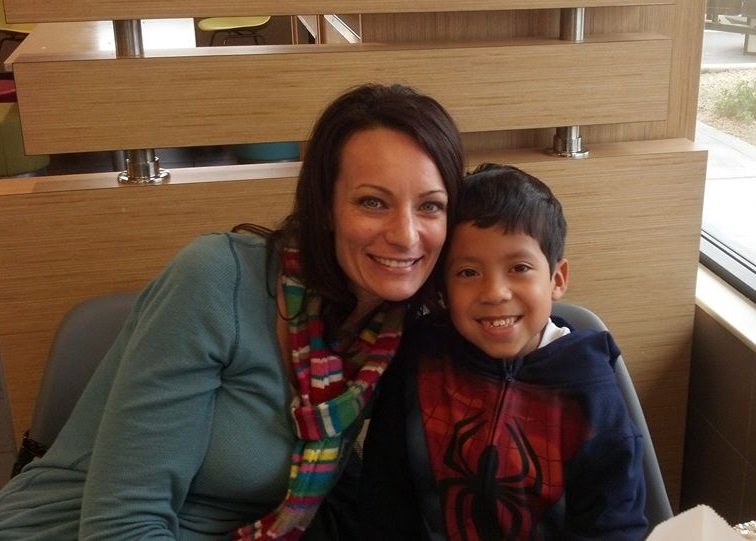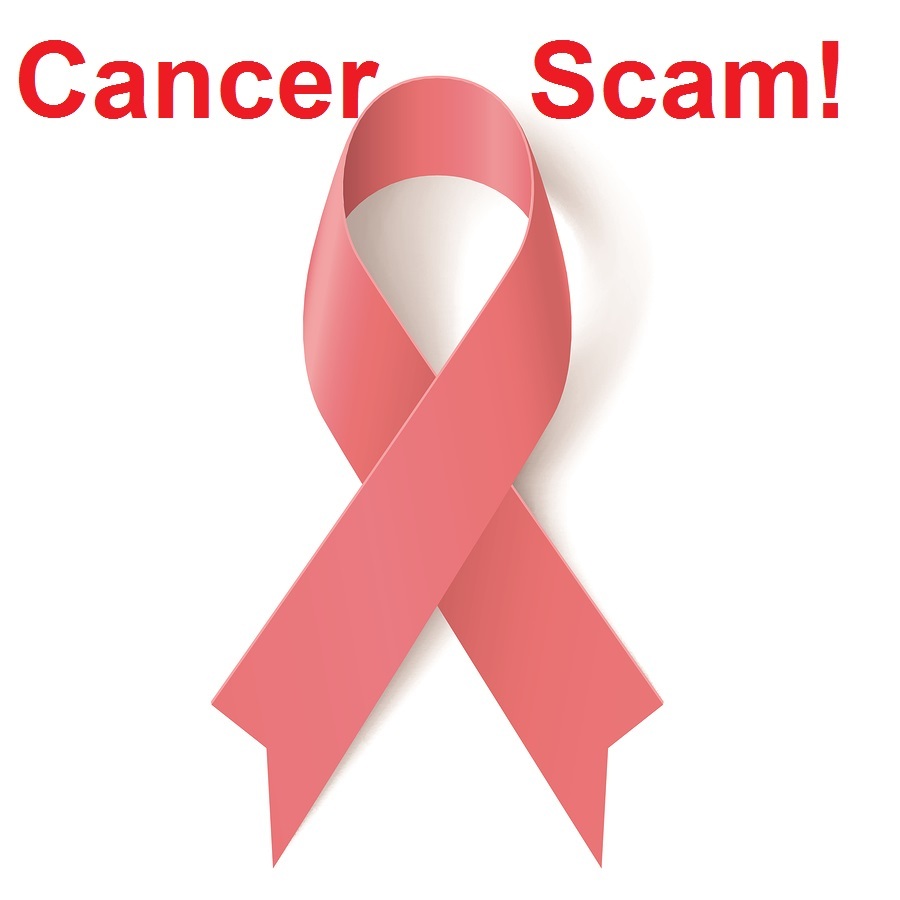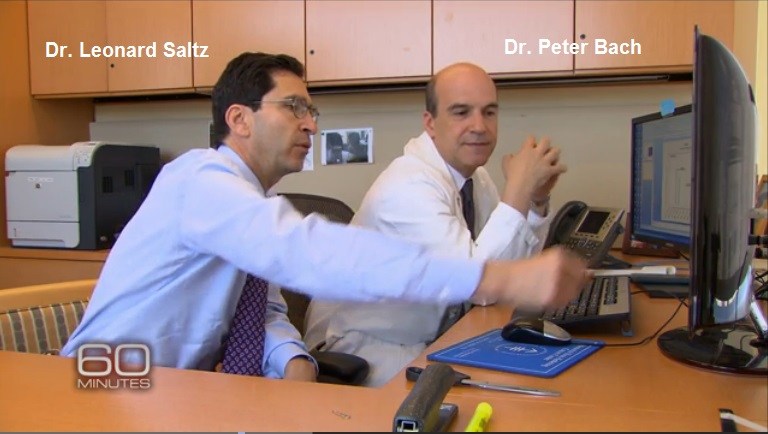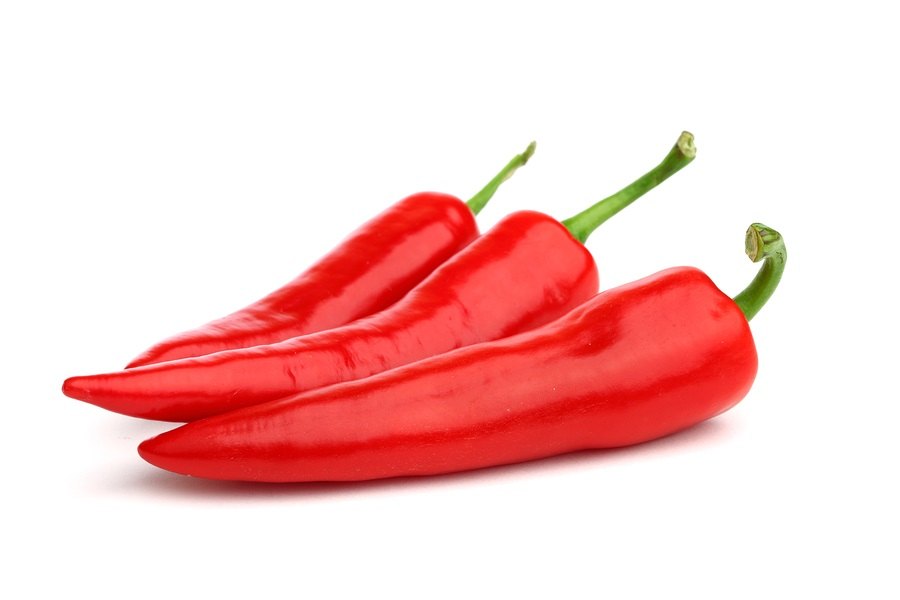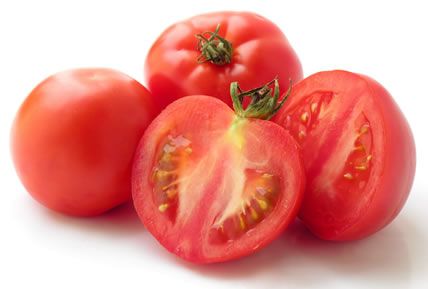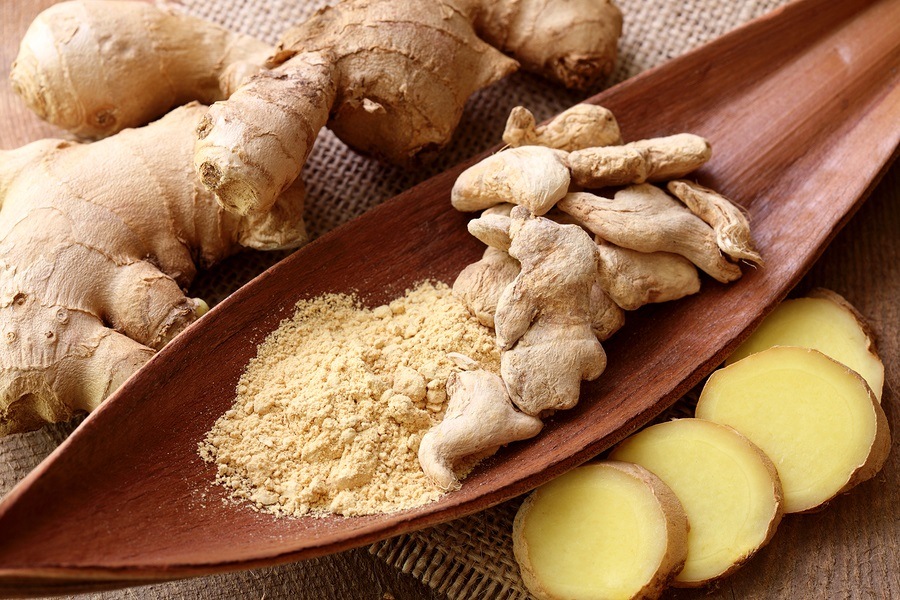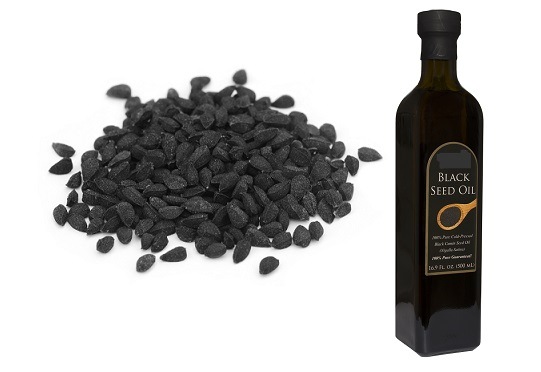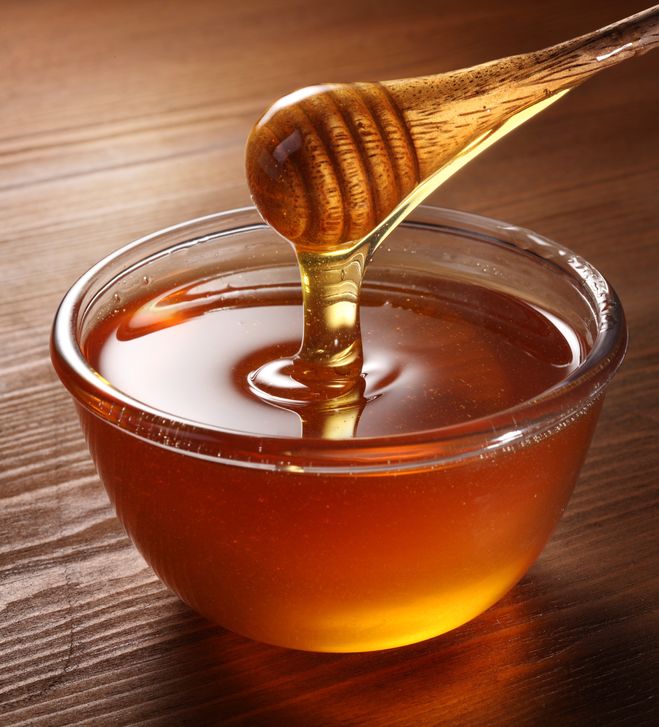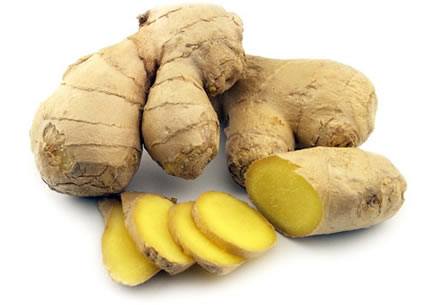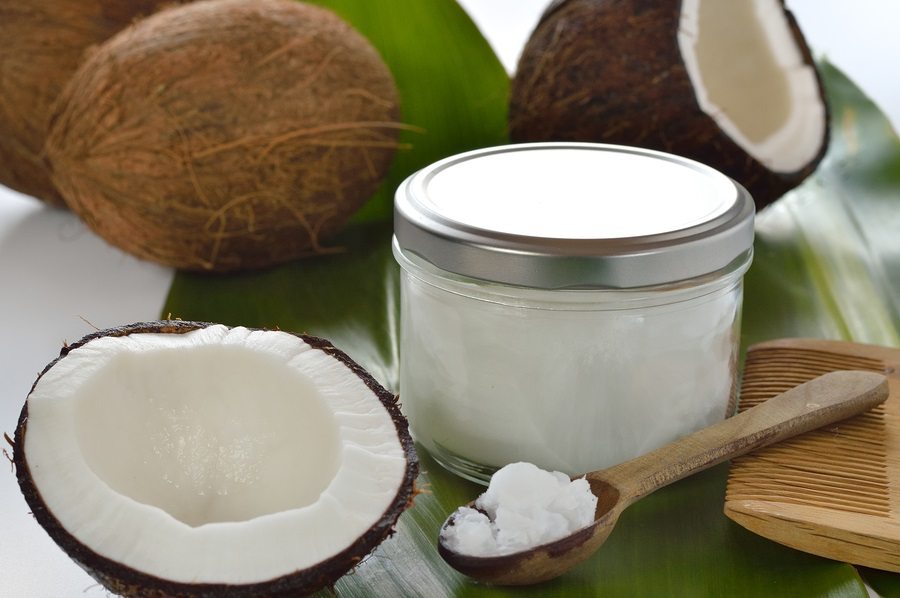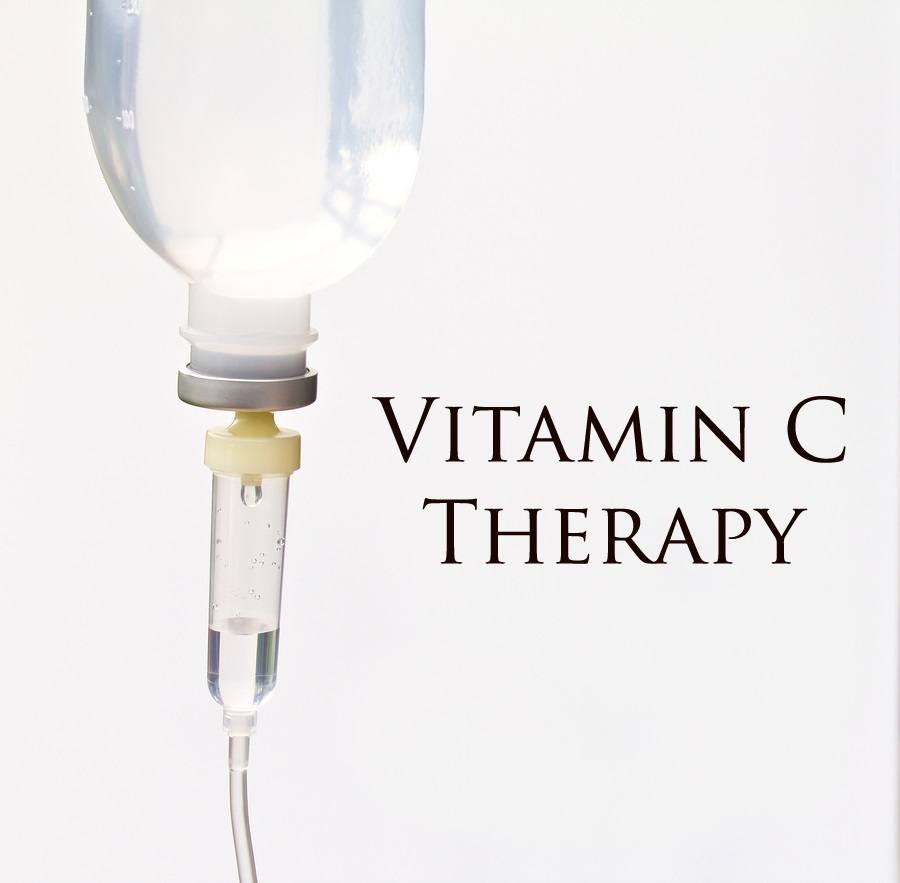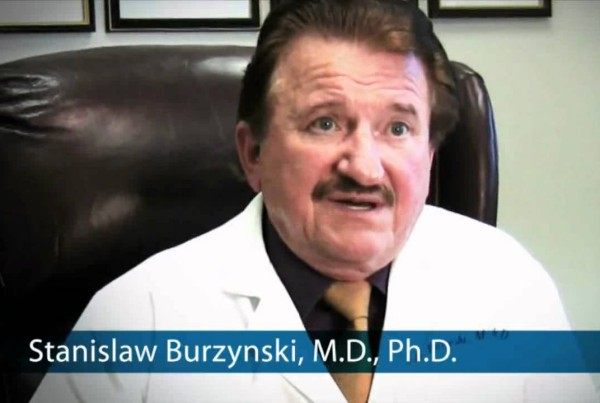Glyphosate Causes Cancer: EPA “Trade Secret” Sealed Files Reveal Cancer Link Known Back in the 1970s
In 2015, Dr. Anthony Samsel was interviewed by Tony Mitra, where he discussed certain documents he has in his possession from the Environmental Protection Agency (EPA) that allegedly show Monsanto knew about research connecting glyphosate to cancer since the 1970s. Dr. Samsel states that the documents he received from the EPA are "trade secret" documents belonging to Monsanto. These documents allegedly are safety studies about glyphosate from the late 1970s to the early 1980s, and others beyond those dates. Monsanto allegedly asked the EPA to seal these documents as "trade secrets" so no one else could review the data from these studies. Dr. Samsel stated that he is still sifting through all the data from these sealed documents, and that he is about to write a paper on glyphosate and cancer. He states that these "trade secret" documents are documents that Monsanto had the EPA seal so that nobody could revisit the data. According to Samsel, these documents show: "unequivocally, that glyphosate causes cancer. Should it be on the market? No. Should it be in our food? No." He states that taking glyphosate off the market will not necessarily solve the problem if they substitute it with another herbicide. "No herbicide belongs in our food. Whether it is 2,4-D, Dicamba, Glufosinate.... there should be no herbicides in our food because it disrupts our bacterial homeostasis, and it disrupts our immune system. When we disrupt our bacteria and the microbiota within us, disease ensues. Disease begins with the destruction of our microbiome."





